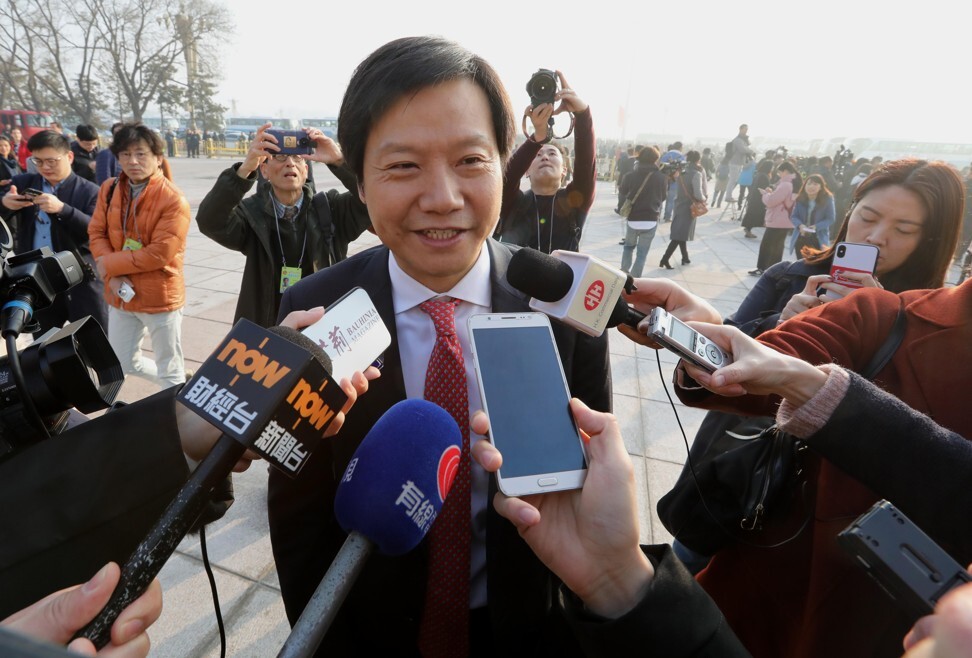
Xiaomi sues in US court to overturn Donald Trump’s ban on investing in world’s third-largest smartphone maker
- Xiaomi sued in the US District Court of Columbia, naming the Biden administration’s Defence Secretary Lloyd Austin and Treasury Secretary Janet Yellen as defendants
- The US Department of Defence designation of Xiaomi’s affiliation with the People’s Liberation Army is ‘unconstitutional’ as ‘it deprives Xiaomi of its liberty and property rights without due process of law’, according to the firm’s filing
Xiaomi Corp, the world’s third-largest smartphone vendor, has sued the defence and treasury departments of the United States, seeking to undo the former Trump administration’s ban that prohibits US investors from owning the company’s shares.
The US Department of Defence (DOD) designation of Xiaomi’s affiliation with the People’s Liberation Army (PLA) of China is “unconstitutional” as “it deprives Xiaomi of its liberty and property rights without due process of law,” according to the Beijing-based company’s filing in the US District Court of Columbia.
“Xiaomi faces imminent, severe, and irreparable harm if the Designation remains in place and the restrictions take effect,” the company said in its filing, which named as defendants Defence Secretary Lloyd Austin and Treasury Secretary Janet Yellen, both appointees of President Joe Biden’s administration.
“Xiaomi is not owned or controlled or otherwise affiliated with the Chinese government or military, nor is it owned or controlled by any entity affiliated with the Chinese defence industrial base,” the Hong Kong-listed technology company said.

However, it was uncertain whether the investment ban would be expanded to cover restrictions on the company’s supply chain, especially its chip supply.
The DOD said in an announcement on its website that the move was targeting “Communist Chinese military companies” operating directly or indirectly in the US to “highlight and counter the People’s Republic of China’s Military-Civil Fusion development strategy.” It did not provide further details on what kind of military ties each company has.


